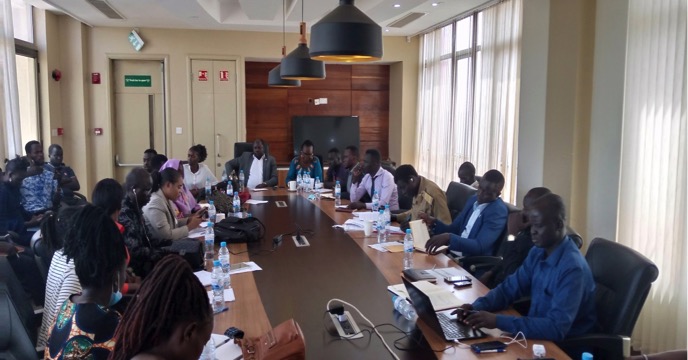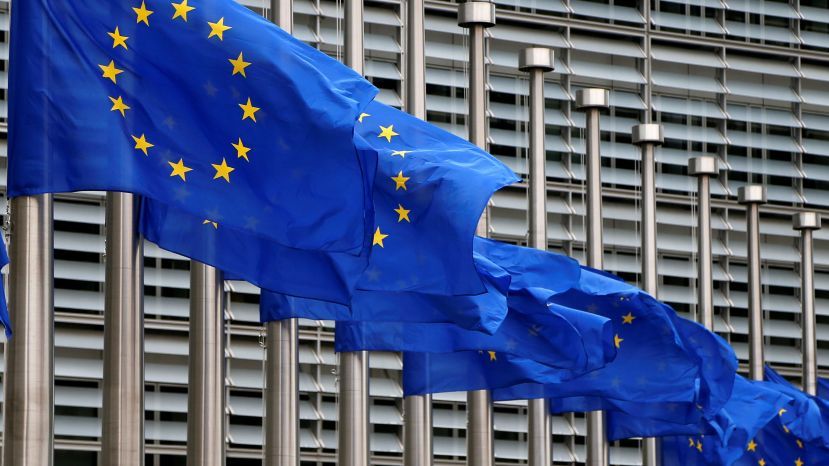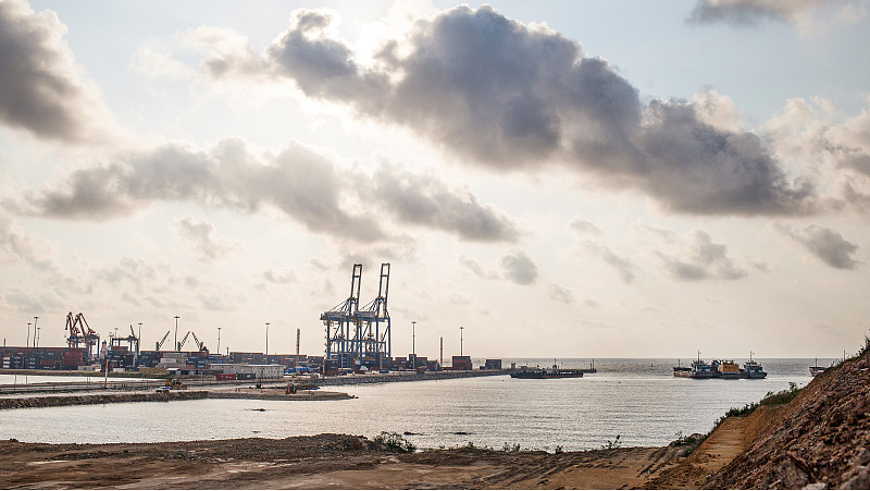
Civil society organizations in S.Sudan hold hard talks on tax.

By John Agok
The civil society organizations in South Sudan including Center for Peace and Advocacy (CPA) and Civil Society Coalition on Defense of Civic Space (CSCDCS) have held an advocacy dialogue workshop at Equatoria Tower in Juba with the authority today about what they called multiple taxation.
Held under the theme “South Sudan Deserves a Better Tax System,” and supported by the Institute of Social Policy and Research (ISPR),the dialogue aimed at understanding the effects of multiple taxations in South Sudan and ways forward for a better tax system in the country
The workshop bought together 30 participants from members of National and State Parliaments, Juba City Council, businessmen and women, media and other distinguished invitees.
Mr. Changkuoth Bichiock Reth, head of Committee on Finance and Economic planning, who was there in attendance told Juba Echo that, South Sudan needs a tax system in which all Government institutions are able to coordinate information together for a better country.
Similarly, Mr. Alison Samuel Tadigi,the Juba City Council representative, said they are establishing a digital technology tax system to mitigate tax fraud.
On the other hand, Ms Juwa Ambrose who represented the Institute of Social Policy and Research (ISPR) says they are working on a project to enhance capacity of civil society to disseminate the budget and tax information to the ordinary citizens of the country.
Ter Manyang Gatwech, executive Director of the Center for Peace and Advocacy (CPA) on his part said, the CPA will continue to collaborate with key government institutions like the Ministry of Finance and National Revenue Authority for a better tax system.
He called on lawmakers to conduct comprehensive tax reviews to save citizens and small businesses from the hands of tax collectors or else small businesses will all collapse due to too much taxes on them by the authority.
“Multiple taxations scare away foreign investors, as many of them are asked to pay different taxes to different authorities in the country for instance to national sovereignty and state authorities—the absence of provisions offsetting certain types of taxes paid by South Sudanese in another country are all diasters”, says Mr. Juol Nhomngek Daniel a tax expert .






































